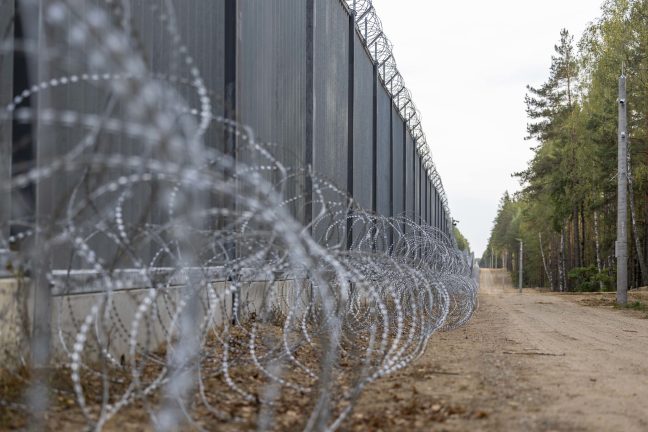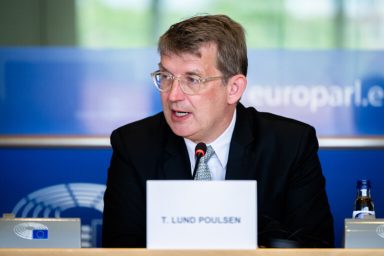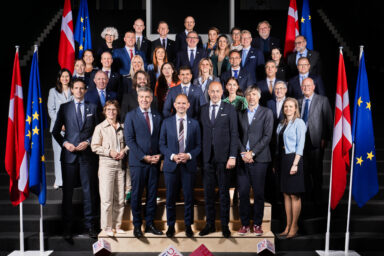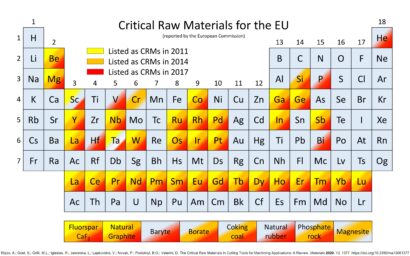The Council presidency reached on Tuesday, July 15 a provisional agreement with the European Parliament to address strategic challenges linked to the economic, social and territorial cohesion. These include, notably, defence and security, competitiveness and decarbonisation, affordable housing, measures related to water, and challenges facing Eastern border regions.
Tuesday’s agreement contains amendments to the existing regulatory framework of the cohesion policy funds to align investment priorities with the evolving economic, societal and geopolitical context. Defence and security issues top the list of new priorities. The text also mentions competitiveness and decarbonisation, affordable housing, access to water, sustainable water management and water resilience, and energy transition.
The EU must do much more to ramp up its defence. — Marie Bjerre, Danish Minister for European Affairs
Concrete provisions include lowering the threshold for receiving extra bonuses at programme level, such as further pre-financing, up to 100 per cent EU financing, and an extension by one year of the final year of eligibility. It also devotes a special attention and exceptional support to the Union’s eastern border regions.
A third of the total EU budget
The Communication titled “A modernized Cohesion Policy: The mid-term review” was published by the Commission on 1 April 2025. Its main goal was to maximise the contribution to the current and emerging political priorities of the Union. It also should increase its impact on economic, social and territorial cohesion.
“The EU must do much more to ramp up its defence,” said Marie Bjerre, Danish Europe minister. “Today’s agreement, building on the work and the Council agreement reached during the Polish presidency, will allow member states to spend EU cohesion funds on defence, security, and civil preparedness,” she said.
Cohesion Policy is EU’s main investment policy. It targets all regions and cities in the European Union in order to support improvements to citizens’ quality of life, job creation, business competitiveness, economic growth, and sustainable development. For the period 2021-2027, more than €392bn – almost a third of the total EU budget – is to go to the bloc’s cohesion policy.
You might be interested
Simplification and flexibility
The agreement aims to adjust EU funding rules to better support defence, energy security, and vulnerable regions. Key changes include reducing public reporting requirements for defence-related projects, making it simpler for countries—especially smaller ones managing only one EU-funded program—to access upfront payments and extra time to spend funds. Eastern border regions facing urgent needs due to proximity to conflict zones will take priority as well.
Countries that already use EU funds effectively for priority areas like green energy or job creation will gain more flexibility in managing remaining budgets. However, stricter controls will apply to funds frozen due to rule-breaking, such as corruption: these cannot go to other projects before better solutions emerge.
Additionally, infrastructure funding will now cover upgrades to energy systems (e.g., renewable grids) and dual-use facilities like roads or hospitals that serve both civilian and defence purposes. Overall, the changes aim to speed up critical investments while rewarding responsible spending and tightening oversight for those who violate rules.
Today’s provisional agreement is subject to confirmation by the Council and the European Parliament. Once it has won the approval, the provisional text will await legal-liguistics revision in view of its formal adoption at a later stage.







